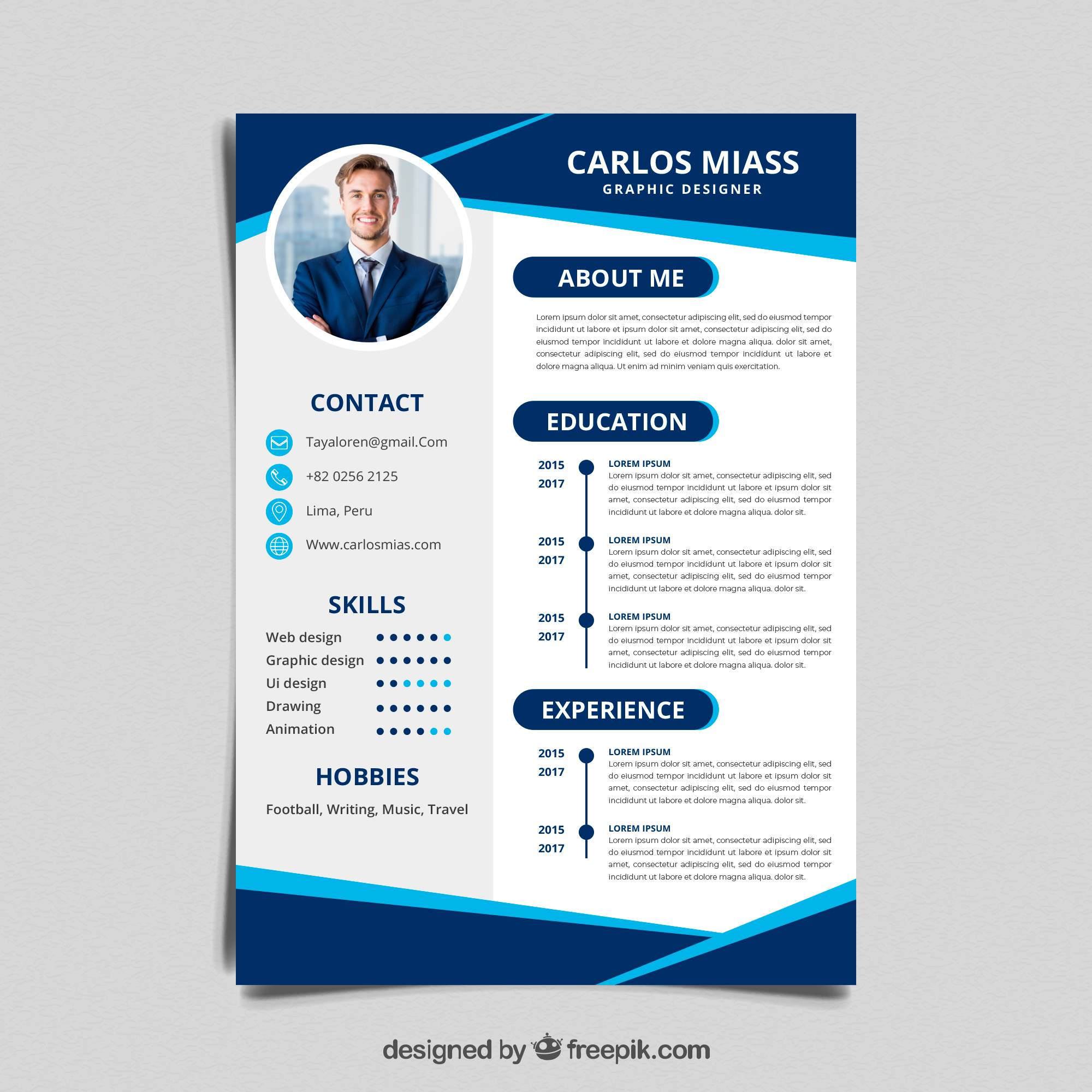Resume vs. CV: What's the Difference? (Beda Resume dan CV)
You're finally ready to hit "apply" on that dream job. But wait – they want a resume *and* a CV? What gives? Isn't a resume just the shorter, American cousin of the CV, something those fancy Europeans use? The truth, as always, is a little more complicated. Understanding the difference between these two career documents ("beda resume dan CV" if you're browsing from Indonesia) can be the key to unlocking amazing opportunities.
Let's cut through the confusion. The terms "resume" and "CV" are often used interchangeably, but they're not exactly the same thing. Knowing when to use which one can mean the difference between landing an interview and your application getting lost in the digital abyss.
The confusion is understandable. Both documents showcase your skills and experience, but they're tailored for different purposes and audiences. Think of it like choosing the right outfit: you wouldn't wear a tuxedo to a pool party or a swimsuit to a job interview (unless you're applying to be a lifeguard, maybe).
So, how do you know which one to send? First, consider the job itself. Is it a standard corporate gig? A research-heavy academic position? A creative role in a cutting-edge industry? Each field has its own unspoken rules, and understanding them can give you a leg up on the competition.
Then there's the question of geography. In the United States, the term "resume" reigns supreme, while "CV" is more common in Europe and other parts of the world. But even within the US, certain industries, like academia and research, tend to favor CVs. It's all about knowing your audience. But let's dig a little deeper, shall we?
Resume vs. CV: A Breakdown
Here's a quick cheat sheet to help you navigate the "beda resume dan CV" dilemma:
| Feature | Resume | CV (Curriculum Vitae) |
|---|---|---|
| Length | Concise (1-2 pages) | Comprehensive (Can be several pages) |
| Purpose | To showcase relevant skills and experience for a specific job | To present a comprehensive overview of your academic and professional history |
| Content | Tailored to the job description, highlighting achievements and quantifiable results | Detailed account of education, publications, research projects, presentations, awards, and other relevant accomplishments |
| Target Audience | Hiring managers in various industries | Primarily used in academia, research, and some international settings |
Now, let's dive into some specific scenarios and see how this plays out in the real world.
Imagine you're a recent graduate applying for a marketing assistant position at a tech startup. You've got a solid GPA, some relevant internship experience, and a knack for social media. In this case, a concise and impactful resume is your best bet. Highlight your skills, quantify your achievements, and keep it laser-focused on the job requirements.
On the other hand, let's say you're a seasoned professor with years of research, publications, and conference presentations under your belt. You're applying for a prestigious grant or a tenured position at a top university. In this case, a detailed CV is crucial. It allows you to showcase the depth and breadth of your academic work, demonstrating your expertise and credibility in your field.
The "beda resume dan CV" debate might seem daunting at first, but it's all about understanding your audience and tailoring your application accordingly. Remember, your resume or CV is your first impression, so make it count!
So, the next time you're faced with the age-old "resume or CV" dilemma, take a deep breath, remember these tips, and choose wisely. Good luck out there!
Hydration inspiration the ultimate guide to drinking water captions for instagram
Finding community at saint johns episcopal church roseville ca
Unlocking the octagon sherdog forums standup technique














